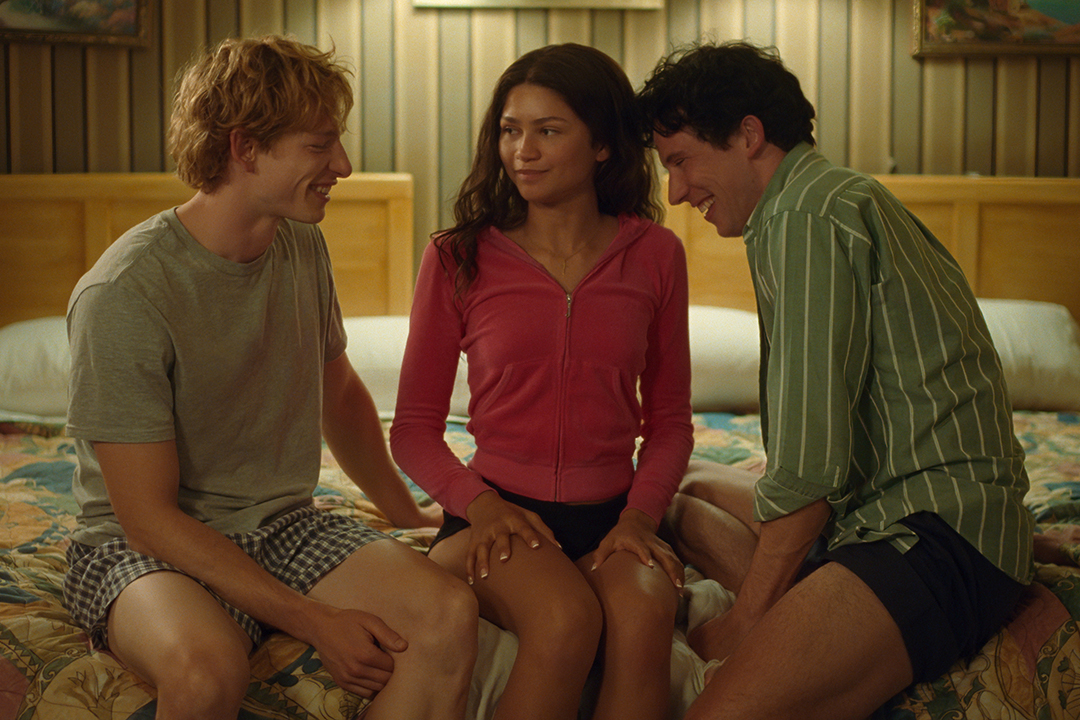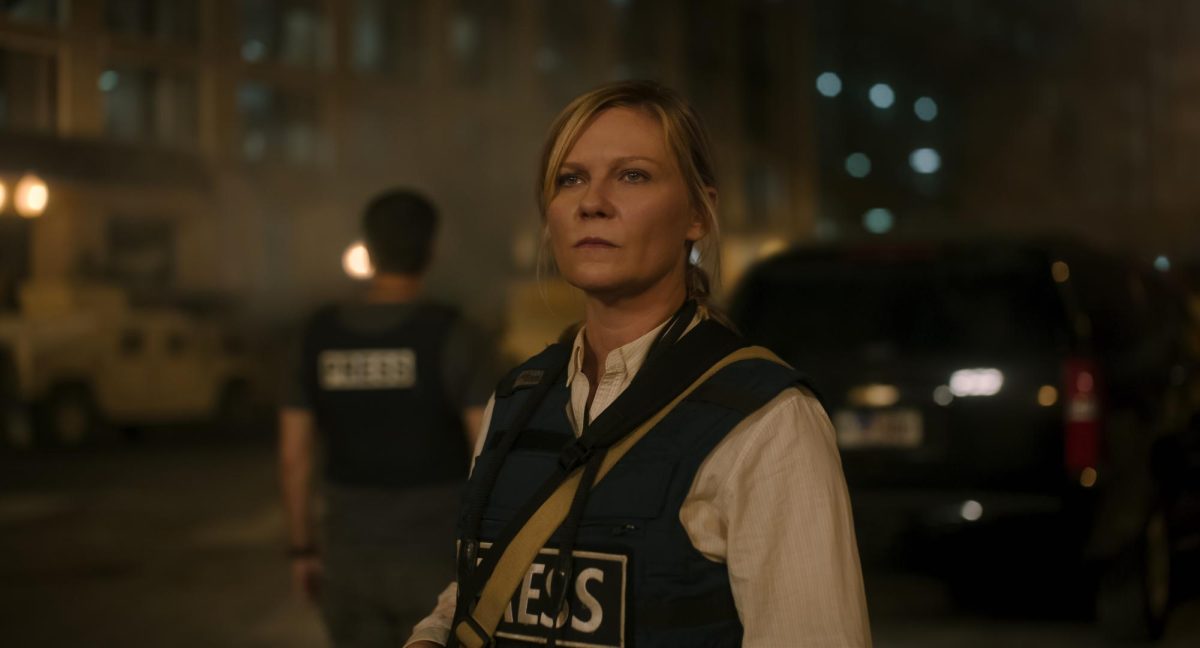Since its premiere at the 2023 Sundance Film Festival, critics have lauded Celine Song’s “Past Lives” — and it’s easy to ascertain why.
The film, nominated for Best Picture and Best Original Screenplay at this year’s Academy Awards, tells the story of Nora Moon (Greta Lee), a New York-based playwright, and Hae Sung Jung (Teo Yoo), an engineer living in Seoul — childhood sweethearts separated by the former’s immigration to Canada. Spanning over two decades, the film shows how they reconnected online during their college years before finally reuniting 12 years after the fact in New York, where Nora resides with her husband, Arthur Zaturansky (John Magaro).
Lee and Yoo, as the film’s leads, deftly deliver two of the year’s best performances, as their chemistry is undeniable throughout. Their ability to maintain romantic tension is quite evident in the movie’s second half, as the two wind up in a variety of situations in which they must resist each other’s allure. While traversing New York via the subway, for instance, the two hold on to the same pole, their bodies close enough to touch. In this moment, Lee and Yoo, through facial expressions and posture, convey Nora and Hae Sung’s desire to eliminate the small gap between them — a desire they ultimately must suppress.
Magaro is equally impressive in his supporting role as Nora’s spouse, an author she met while participating in a writer’s retreat after cutting contact with Hae Sung to fully pursue her career. The “First Cow” star expertly renders his character’s initial anxieties about his role in Nora’s life, especially given Hae Sung’s visit, his voice low and uncertain as he relays them to her.
Though Lee, Yoo and Magaro’s turns are awards-worthy and integral to the film’s success, the real star of “Past Lives” is the woman behind the camera: Song.
For a first-time filmmaker, Song is exceptional, her authorial voice prevalent from the film’s intriguing opening scene to its final melancholic frame — something that cannot always be said for seasoned industry veterans.
With cinematographer Shabier Kirchner, she composes shots that, though telling, refuse to draw attention to themselves. While other recent releases, like fellow Oscar nominee “Poor Things,” want viewers to really notice the camera work through the use of monochrome and color film stocks, fisheye lenses and more, “Past Lives” does not. Its visuals are stunning, but never distractingly so.
Moreover, Song allows every shot room to breathe, lingering on the ostensibly mundane for extended periods, thereby giving audiences a chance to ascertain their meaning within the grander narrative.
Take how, while Nora and Hae Sung walk about Brooklyn Bridge Park, Song simply holds on the protagonists and their surroundings. In doing so, viewers have time to scour every corner of the frame for information, thus noticing several happy couples populating the background — they do everything Nora and Hae Sung presumably wish to do but can’t on account of the circumstances. Had Song instead frequently cut between various angles throughout this sequence, this could have been lost on its viewers.
Song’s screenplay is just as exquisite as her direction, with its dialogue, meditation on fate and exploration of multiple dichotomies impossible to ignore.
Several heart-wrenching lines, such as Hae Sung’s “I didn’t know that liking your husband would hurt this much” and Arthur’s “You dream in a language I can’t understand. It’s like there’s this whole place inside you I can’t go,” beyond their memorability, provide great insight into the psyche of those who uttered them — something essential given the complicated relations between the main trio.
The film also wrestles with the concept of inyeon, a Korean term derived from Buddhism that, to perhaps oversimplify, describes how people are connected throughout their past, present and future lives. By the end of “Past Lives,” it is this idea — that certain individuals are meant to be with one another due to something out of their control — that frees Hae Sung and Nora from the “what if” questions that have plagued them throughout their lives, albeit to different extents.
Song also examines how clashing principles can make a seemingly perfect match less compatible, with Nora and Hae Sung failing to entirely mesh due partly to their competing viewpoints and backgrounds — the former is a realist while the latter is an idealist, and so forth.
With an astounding ensemble, restrained direction and a nuanced screenplay — not to mention an enchanting score by Christopher Bear and Daniel Rossen — “Past Lives” is sure to continue earning raves across many more lifetimes.

























